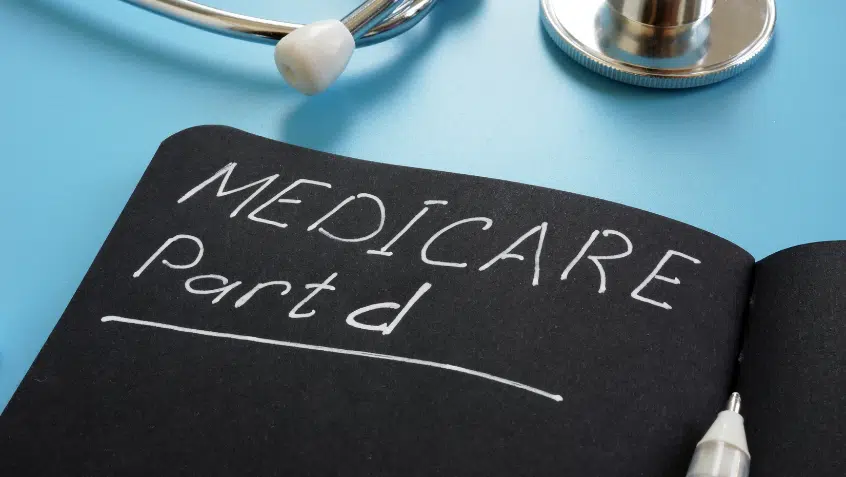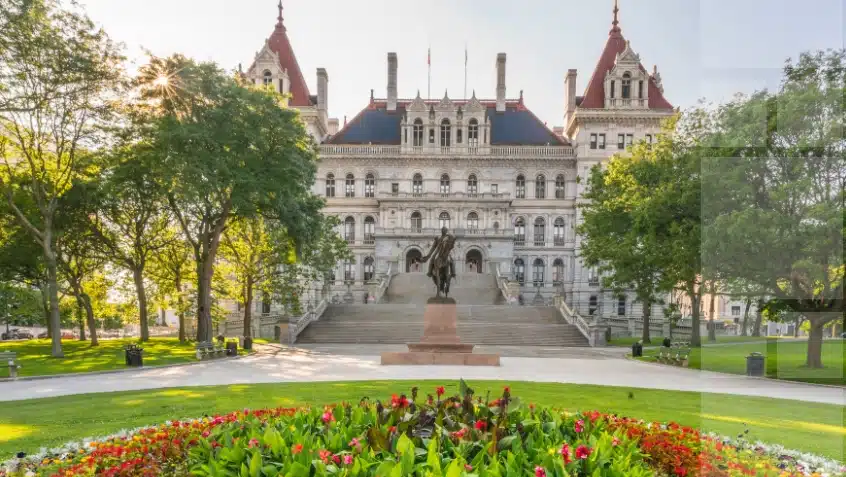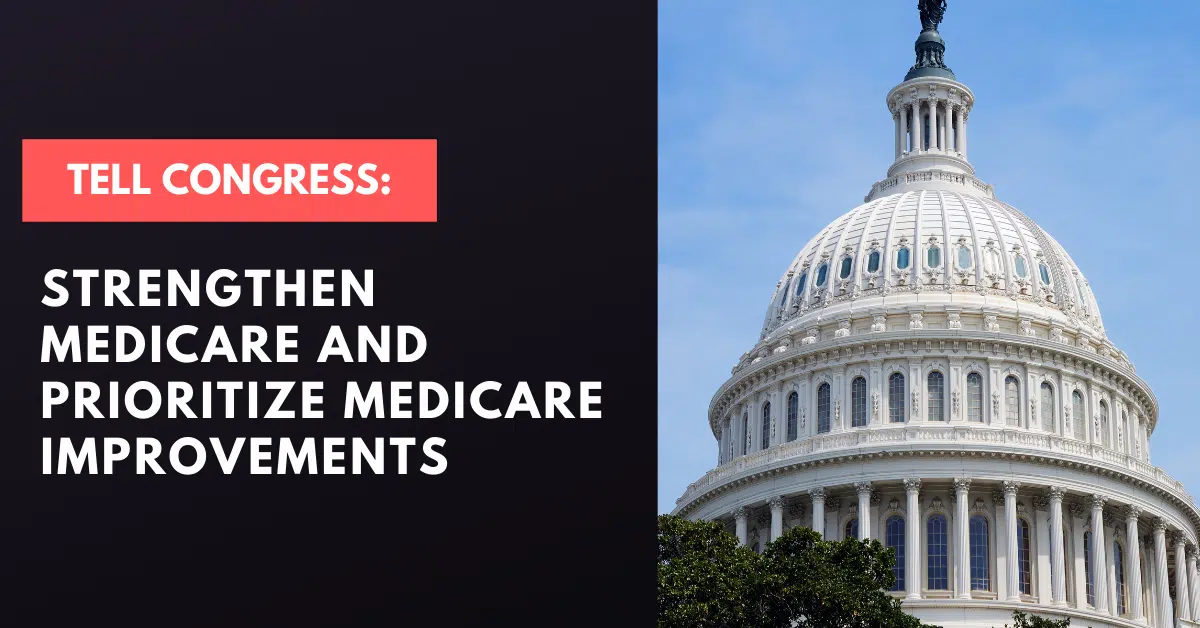Medicare Rights Urges Swift Passage of the Inflation Reduction Act of 2022
—Statement from Fred Riccardi, Medicare Rights Center President— Washington DC—The Medicare Rights Center strongly supports the Inflation Reduction Act of
Join Us Live for a Discussion on Medicare, Democracy, and the Future of Health Care
—Statement from Fred Riccardi, Medicare Rights Center President— Washington DC—The Medicare Rights Center strongly supports the Inflation Reduction Act of

As recently outlined, the Inflation Reduction Act of 2022 incorporates many of Medicare Rights’ long-standing recommendations to meaningfully improve the

Last week, Senate Democrats released updated prescription drug pricing legislation, with the goal of passing it through the reconciliation process

This is part 3 of the helpline trends report series. Read part 1, part 2, and part 4. This third
In a letter to CMS, the Medicare Rights Center and other leading beneficiary advocacy groups share concerns about the Medicare-related impacts of unwinding of the Public Health Emergency (PHE) and outline administrative solutions.

Medicare provides vital health coverage, but the program’s high premiums, deductibles, and other cost-sharing requirements can put care out of

Last week, New York Governor Kathy Hochul and the State Legislature passed a budget that will improve health coverage and

Today, the Medicare Rights Center’s New York policy team released a brief that outlines ways to improve Medicare Savings Programs (MSPs) in New York State.
The COVID-19 public health emergency (PHE) and the resultant economic fallout has highlighted longstanding barriers affecting Medicare beneficiaries, older adults and people with disabilities, especially individuals with low incomes and people of color. However, the pandemic has also provided an opportunity to address these challenges with renewed purpose and vigor. It is imperative that New York State act to support older adults and people with disabilities by continuing to invest in state and local programs that meaningfully improve health and economic well-being.

This week, Congress is working to reach a deal on the budget reconciliation bill. Critical health care reforms are on
—Statement from Fred Riccardi, Medicare Rights Center President— Washington DC—The Medicare Rights Center strongly supports the Inflation Reduction Act of

As recently outlined, the Inflation Reduction Act of 2022 incorporates many of Medicare Rights’ long-standing recommendations to meaningfully improve the

Last week, Senate Democrats released updated prescription drug pricing legislation, with the goal of passing it through the reconciliation process

This is part 3 of the helpline trends report series. Read part 1, part 2, and part 4. This third
In a letter to CMS, the Medicare Rights Center and other leading beneficiary advocacy groups share concerns about the Medicare-related impacts of unwinding of the Public Health Emergency (PHE) and outline administrative solutions.

Medicare provides vital health coverage, but the program’s high premiums, deductibles, and other cost-sharing requirements can put care out of

Last week, New York Governor Kathy Hochul and the State Legislature passed a budget that will improve health coverage and

Today, the Medicare Rights Center’s New York policy team released a brief that outlines ways to improve Medicare Savings Programs (MSPs) in New York State.
The COVID-19 public health emergency (PHE) and the resultant economic fallout has highlighted longstanding barriers affecting Medicare beneficiaries, older adults and people with disabilities, especially individuals with low incomes and people of color. However, the pandemic has also provided an opportunity to address these challenges with renewed purpose and vigor. It is imperative that New York State act to support older adults and people with disabilities by continuing to invest in state and local programs that meaningfully improve health and economic well-being.

This week, Congress is working to reach a deal on the budget reconciliation bill. Critical health care reforms are on